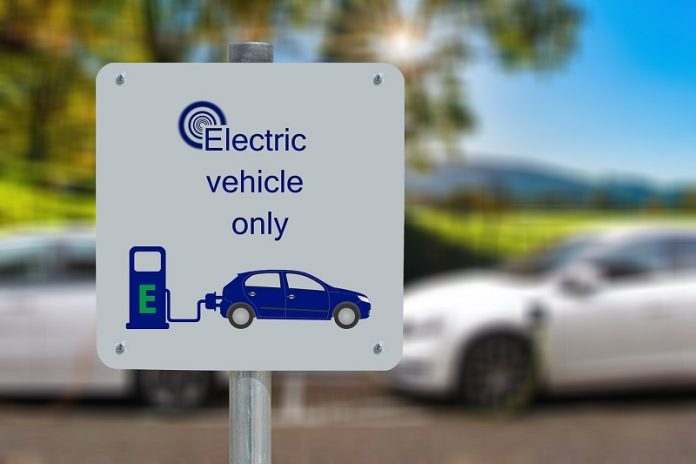
Imagine a future where our cars whiz down the road without belching smoke, where our air is cleaner, and our dependence on fossil fuels is a thing of the past.
We’re already on that path with electric vehicles (EVs), which are powered by large batteries instead of gasoline.
Yet, as we zoom towards this cleaner transport future, a roadblock looms ahead: What do we do with all the used-up batteries?
Let’s dive into a situation we’ll be facing soon enough.
The lithium-ion batteries, which give life to EVs, aren’t immortal. After a number of years, their ability to hold a charge dwindles, and they need to be replaced.
With the anticipated boom of EVs in the coming years – think of millions on the road by 2030 – we’re not only speeding towards a cleaner environment but also towards a significant heap of battery waste.
Researchers Preeti Mishra and Sayali Apte, from Symbiosis International (Deemed University) in Pune, India, have thrown a spotlight on this looming issue.
They’ve looked at the growth of the EV market and examined how it might be a two-edged sword: one edge carving a path towards a cleaner atmosphere and the other potentially contributing to another form of pollution – electronic waste.
In a scenario termed EV30@30, it’s envisioned that our roads will be populated with over 43 million electric vehicles by 2030.
That’s a fabulous step towards reducing our fossil fuel dependency and diminishing air pollution. However, the darker side of this bright future is the specter of burgeoning electronic waste, as all these vehicles will eventually need their batteries replaced.
So, what happens to a battery when it can no longer power a vehicle?
Recycling is an option, where some materials from the batteries can be extracted and reused, minimizing the waste that ends up in landfills. Yet, despite the potential for recycling, there’s a thorny issue of dealing with the remaining heavy metal waste, which is notorious for its environmental impact.
Much of the research work related to battery waste management has been conducted in countries like China and the U.S., with little information emerging from developing nations.
In these less researched areas, the disposal of electronic waste in landfills may be an escalating problem due to possibly less stringent waste management practices.
Even as EVs herald an era of cleaner transportation, they bring along a set of environmental and waste management challenges that are vastly different from those associated with traditional vehicles. We cannot ignore these issues or relegate them to the back seat; they need to be addressed promptly.
A sustainable approach towards battery chemistry, waste management, and recycling practices is paramount.
This involves developing technologies and methodologies that not only facilitate efficient recycling of EV batteries but also mitigate the environmental impact of the resultant waste.
As we navigate the transformative journey from fuel pumps to charging stations, it’s imperative to steer the discussion towards sustainable practices that encompass the entire lifecycle of an EV – from manufacture to disposal.
In this way, we can ensure that the transition to electric vehicles remains truly green, safeguarding our planet for generations to come.
Remember: A sustainable future isn’t just about making greener choices but ensuring that those choices don’t introduce new environmental dilemmas.
So, as we buckle up for a future where our cars are powered by batteries, let’s ensure that the road ahead is clear of unforeseen environmental potholes.
The study was published in the International Journal of Environment and Waste Management.
Follow us on Twitter for more articles about this topic.
Source: Inderscience.



